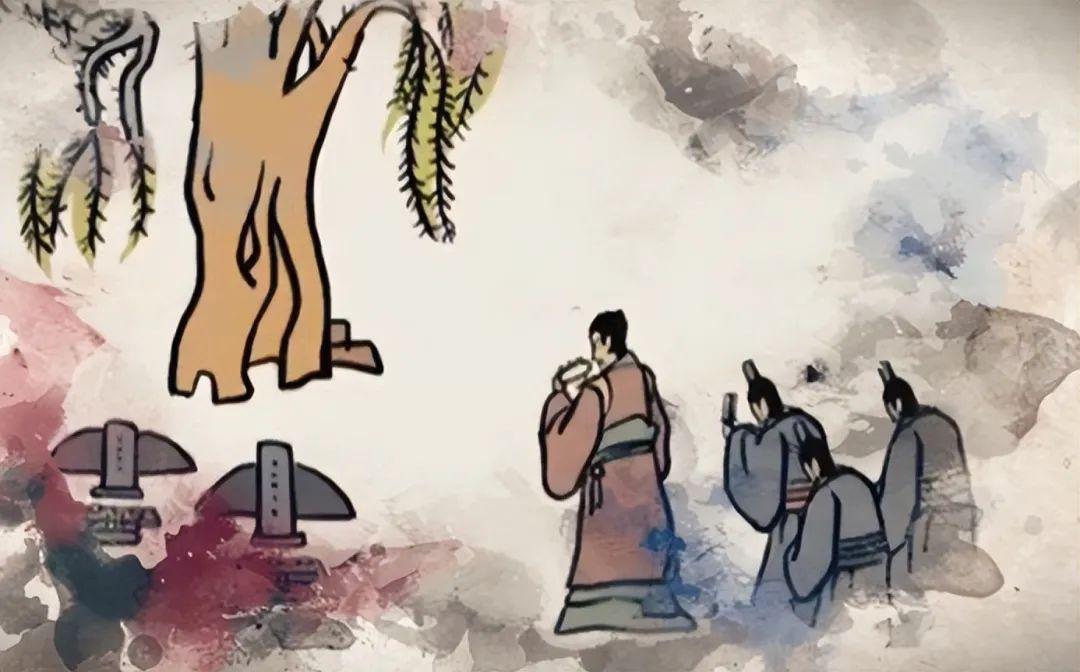主播:Flora(中国)+Selah(美国)
歌曲:Stray Nights
今日,中元。中元节又叫“鬼节”。其实除了中元节之外,万圣节、亡灵节也被称为“鬼节”。今天我们就来聊一聊不同的“鬼节”分别体现了什么样的“生死观”。
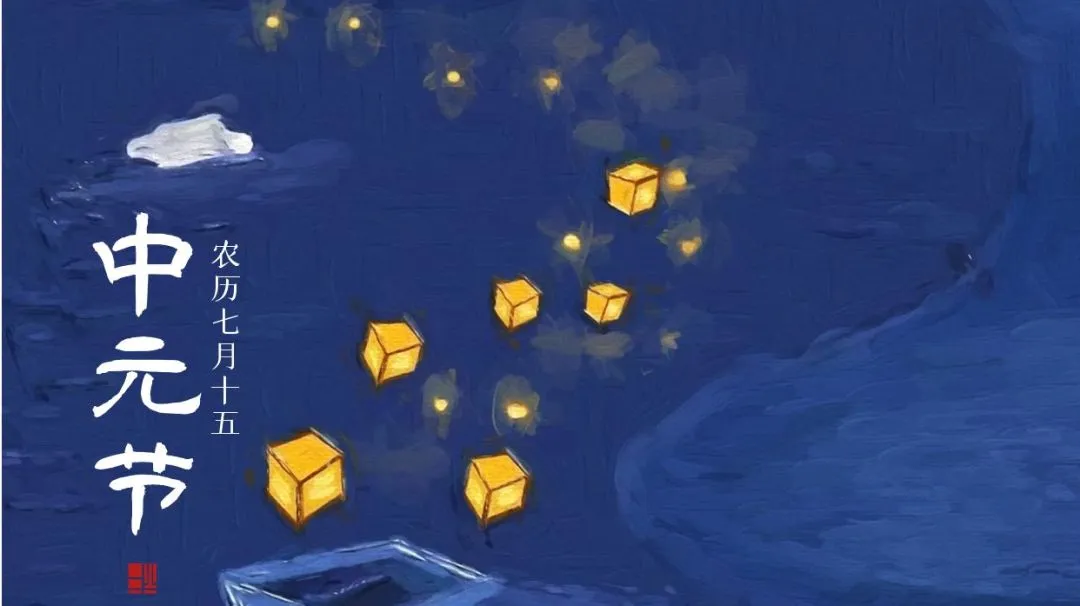
On Chinese Zhong Yuan Festival (中元节), we usually float river lanterns (放河灯) to honor our ancestors (祭祖). It’s also known as the "Ghost Festival (鬼节)."
· ghost /ɡoʊst/ n. 鬼,幽灵

其实很多国家也都有“鬼节”,像Halloween (万圣节), Day of the Dead (亡灵节)等。关于万圣节的传统,相信大家都比较熟悉,比如:雕刻南瓜灯(carving pumpkins)、不给糖就捣蛋(trick or treating)。今天我们重点聊一聊亡灵节(Day of the Dead)。
01 Day of the Dead
亡灵节在墨西哥是一个非常重大的节日。People celebrate the Day of the Dead with songs and dances (载歌载舞) while honoring their ancestors(纪念他们的祖先).
在这一天,他们带着鲜花和美食gather at cemeteries(聚集在墓地),awaken the spirits of the departed(唤醒逝者的灵魂),offer flower petals(献上花瓣),guide their ancestors home(引导他们的祖先回家)。
单就载歌载舞这一点来讲,this is nothing like the Chinese Ghost Festival (这和中国的鬼节一点也不一样)。
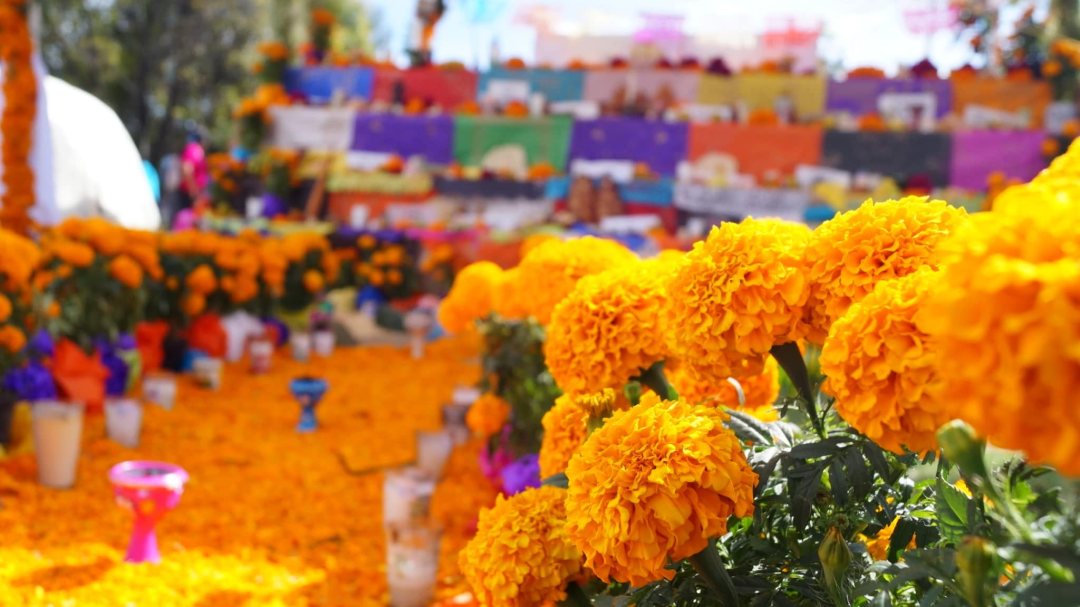
02 Zhong Yuan Festival
在中元节这天,有些地方的人们会bring out the ancestral tablets(拿出祖宗的排位),respectfully place them on a special offering table(恭敬地把它们放在贡品桌上),light incense(点上香),并且offer tea and food for the ancestors to enjoy(供茶和食物供祖先享用)。然后,他们为祖先磕头(kowtow)、烧纸钱(burn paper money)。
· tablet n. 匾
但是现在烧纸钱的人越来越少了。Because it's bad for the environment, easy to start fires (容易引起火灾), etc. 而且,现在也提倡文明祭祀。
So anyways, we are in a very reverent state of mind (怀着一颗敬畏的心) when it comes to rituals (谈到仪式)。现场的气氛也非常庄严肃穆(solemn)。
· reverent /ˈrevərənt/ adj. 恭敬的
· solemn /ˈsɑ:ləm/ adj.(仪式)庄严的,隆重的
03 同样是缅怀先人,但表现大不同。生死观有差异!
今天我们来谈一下不同的生死观(Different Views of Life and Death)。
其实我们很少谈论“死亡”这个话题,甚至可以说是非常避讳。
(1)我们的生死观第一个特点就是:回避死亡相关的话题,注重当下的生活。
Selah believes it's quite nice to focus on the present (专注于当下挺好的), but it may not be sensible to avoid talking about death (避免谈论死亡可能是不明智的). 因为我们迟早要面对它(sooner or later we have to face it)。
That's probably why people who have a vague concept of death (对死亡概念模糊) may go to extremes (可能会走向极端) after encountering some difficulties (遇到一些困难之后).
· vague /veɪɡ/ adj. 不明确的
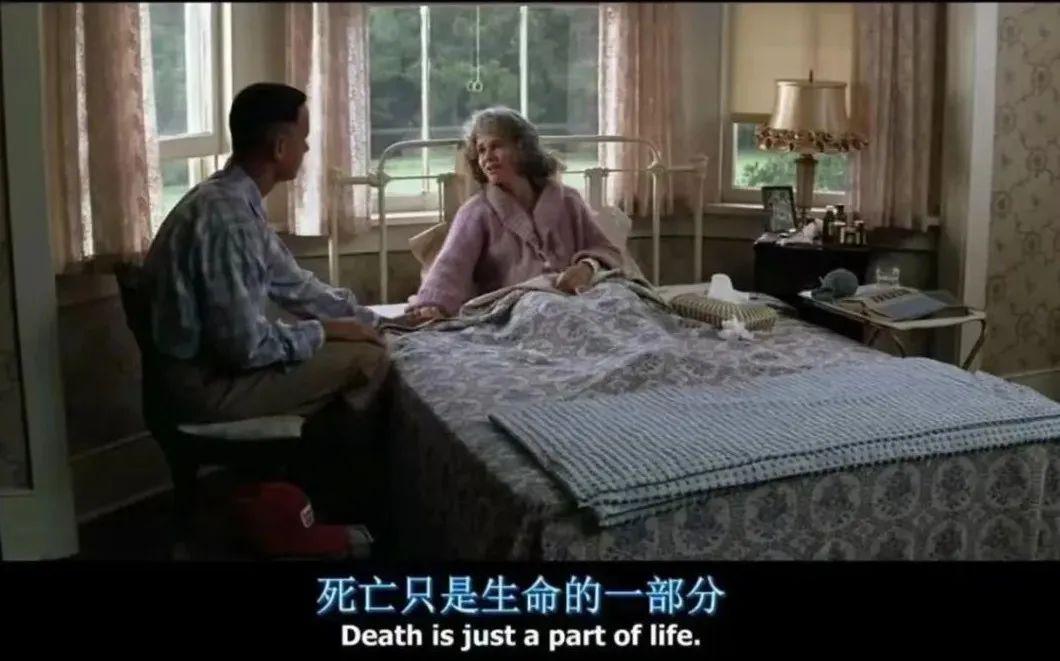
(2)第二个特点就是:追求生命的价值(it seeks the value of life),尤其是社会价值(especially the social value)而不是它本身存在的自然价值(rather than the natural value of its own existence)。
所以我们才会有“杀生成仁”“舍身取义”这样的成语,也会有“人固有一死,或重于泰山,或轻于鸿毛(Though death befalls all men alike, it may be weightier than Mount Tai or lighter than a feather)”的名句。
这实际上和我们的文化传统有关(This is actually related to our cultural tradition)。
儒家文化强调:我们要在社会价值中实现生命的意义(it is in the pursuit of social values that human natural life has a meaning of existence)。That may be the reason why we value the collective interest over the individual (重视集体利益高于个人利益).
当个人利益与他们所在集体的正当利益发生冲突时,we are encouraged to defend the latter first(我们被鼓励首先维护后者)。
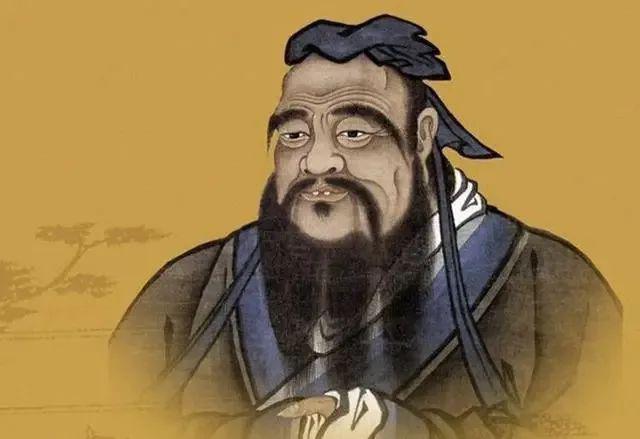
(3)Our view of life and death把死亡视为一个精神的升华 (sees death as a process of spiritual ascension).
· ascension /əˈsenʃn/ n. 上升
In our culture, sacrifice for a just cause (为正义事业而牺牲) is seen as an elevation of the sacrificer’s character (被视为牺牲者人格的升华), and it perpetuates the spirit (它使精神永存). 所以对于那些为伟大事业,比如保家卫国而牺牲的人,我们会用“英勇就义”“英勇牺牲”这样的词。
· cause n. 事业
· perpetuate /pərˈpetʃueɪt/ v. 使持续
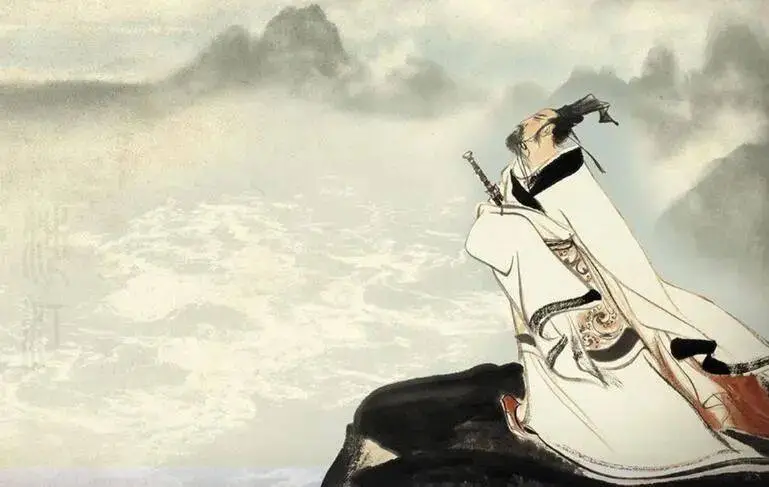
墨西哥的亡灵节背后透露着什么样的生死观呢?
首先,亡灵节其实是以印第安文明(Indian cultures)为主导,结合西班牙文明(Hispanic cultures)的产物。当时,印第安人认为只有treating the dead well(善待亡灵)and letting them go home happily(让他们高高兴兴地回家),他们才会be blessed by the dead(被这些亡灵保护)。
所以说墨西哥的亡灵节可以说是“亡者在棺,生者狂欢”,而我们却是通过感怀死亡从而更加珍视生命。
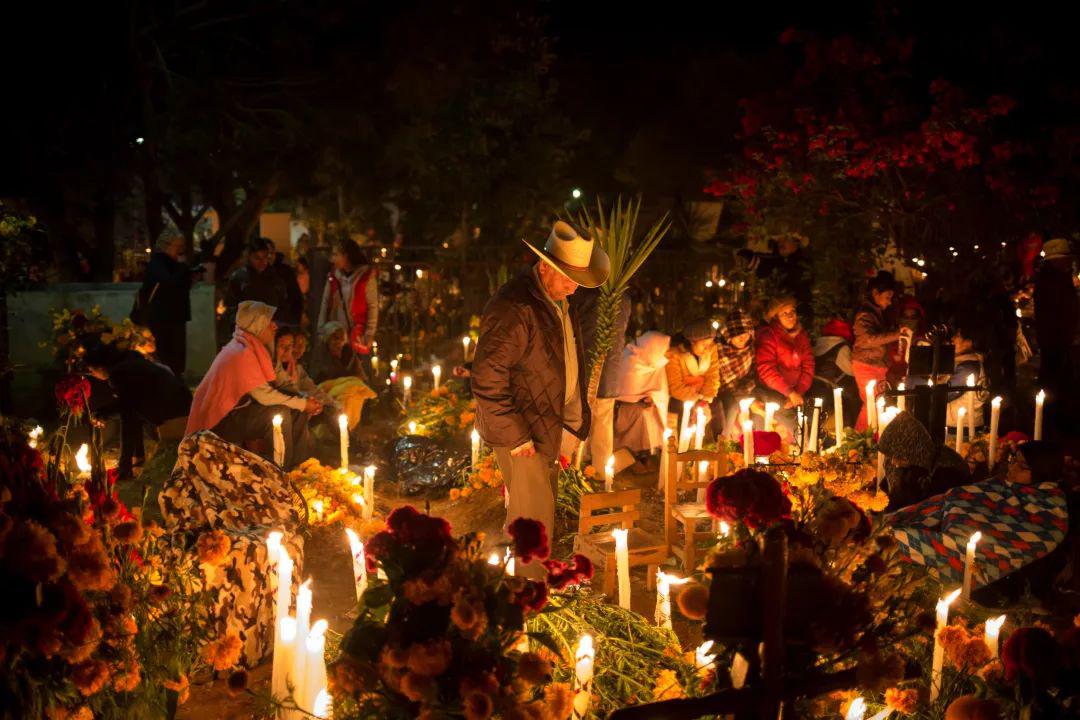
还有一部非常典型的墨西哥亡灵节电影——《寻梦环游记》(Coco)。It tells the story of a dead father who wants to be reunited with his living daughter on the Day of the Dead (一个死去的父亲想在亡灵节与活着的女儿团聚).
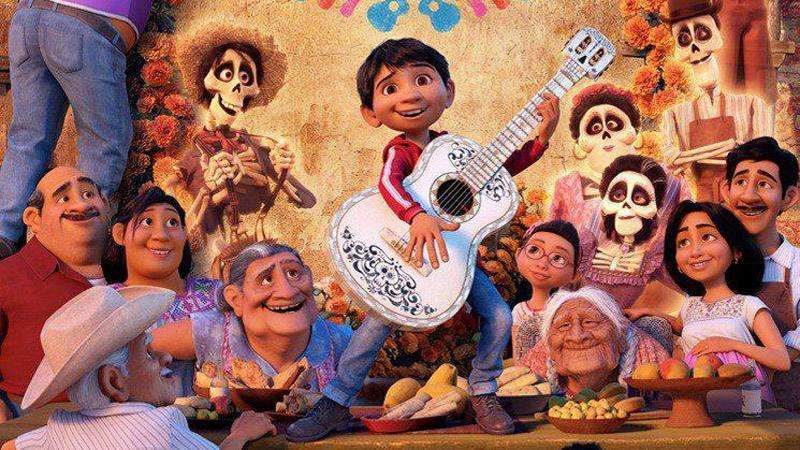
At first, he had hoped his daughter would die quickly so they could actually meet. 但后来意识到如果他女儿死了,在现实世界中没有人会记得他了(no one would remember him in the real world)。
所以看来他非常在意是否被人记得。It may also reflect the Mexican view of life and death (反映墨西哥人的生死观).
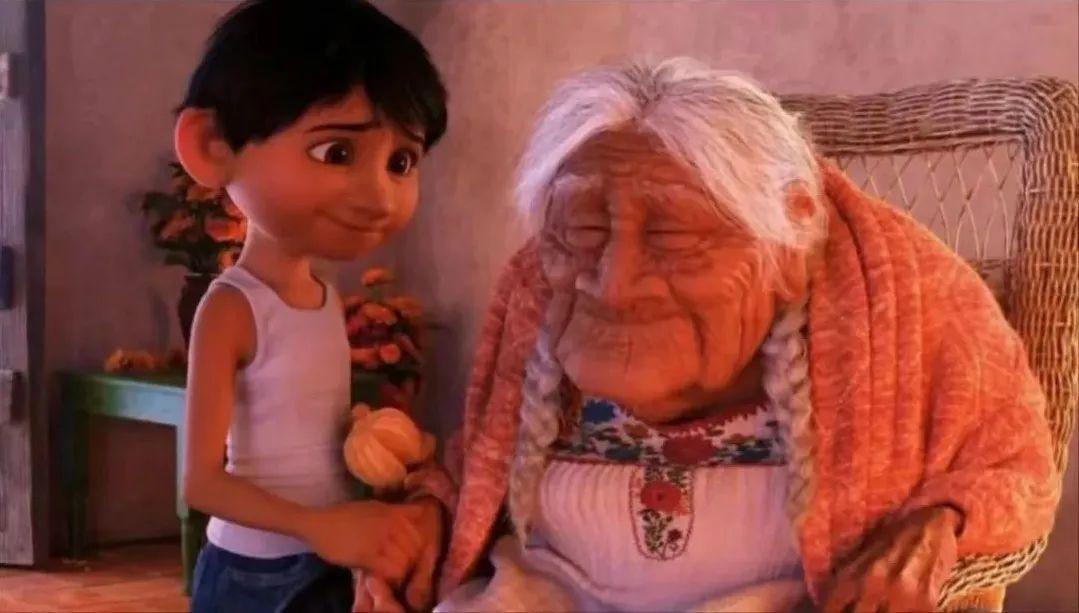
墨西哥著名作家奥克塔维奥·帕斯(Octavio Pasco)曾说过:“We think that death is only the beginning of a new way of life (我们认为死亡只是一种新的生活方式的起点).”They think the real death is to be forgotten (被遗忘才是真正的死亡).
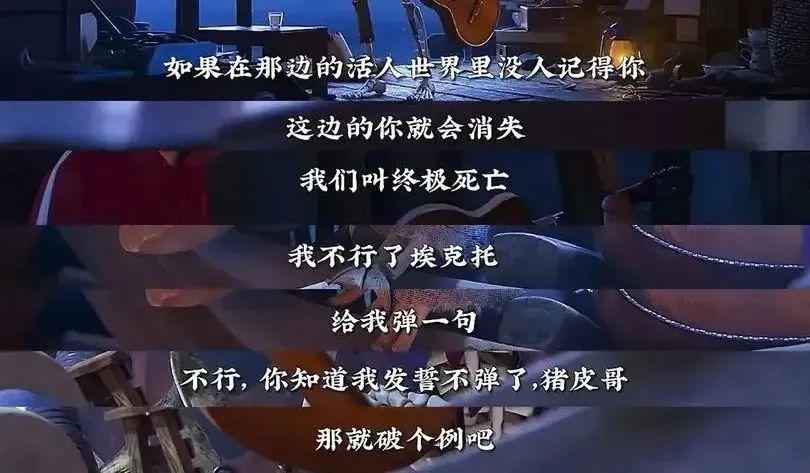
看到这里,你对这两种生死观的理解有没有更加深入呢?其实现在有很多人对“死亡”这个话题是谈之色变的,这就显现出死亡教育的必要性了。
04 死亡教育——如何理智看待生命的终点,感恩生命的珍贵
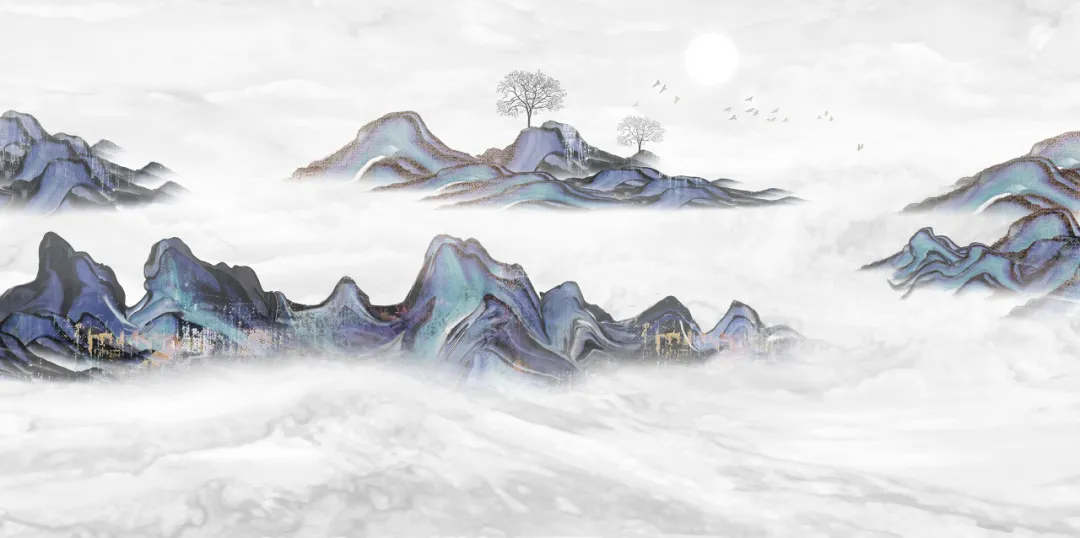
目前,死亡教育的开展任重道远。那么现在美国的死亡教育普及得怎么样呢?
主播Selah提到:死亡教育在美国越来越受到关注,尤其是在学术和医疗保健环境中(academic and healthcare settings),但它尚未广泛融入mainstream education(主流教育)。
Are there any related courses offered in schools in the US (美国的学校有相关的课程吗)?
死亡教育在美国中小学仍然很少见,大多数学生都是通过 literature(文学),history(历史),or religion(宗教)classes来了解的。
其实,死亡是人生一个不可避免的课题。也许对它的认知加深之后,我们会更加珍视自己的生命,从而实现人生价值的升华。
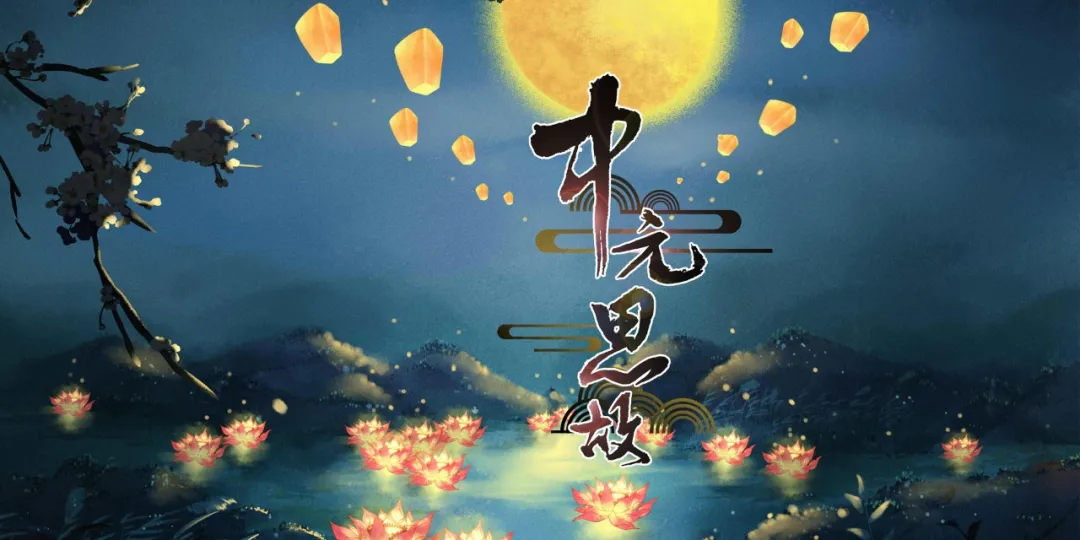



 479
479 0
0